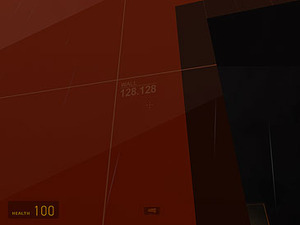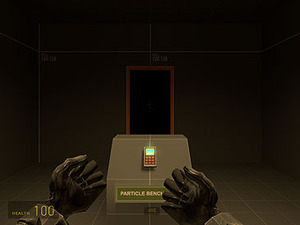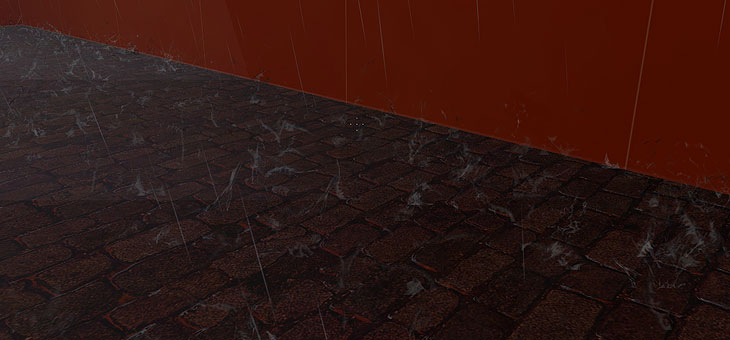Scaling
This leads us on, neatly, to the issue of scaling. If Valve wants to create all this high-end, multi-threaded content, what happens to the guys without the latest and greatest CPUs? The Source engine is known for being kind to older systems - is this the end of the line?Jay chips in: "The GPU has a bunch of easy scalability modes already - you can adjust filtering, resolution etc - those scale really well with GPU bandwidth. On the CPU side, the trade-offs aren't as gradual or partitioned."
This is clearly a problem. So how will the technology be brought in? Gabe Newell: "I can see us creating content specifically for the people that have it, in the first place. You can imagine something similar to what we did with Lost Coast. Then, just like we've seen with HDR lighting, the rest of the market catches up and we can roll it out across wider ranges of content."
Brian Jacobson, another of Newell's clan, adds that "You can also imagine that we might do things that use this technology but that aren't essential to gameplay, to allow for scalability across platforms. So, for example, in Episode One, we saw characters behaving differently if they detect they're in a particular situation - so we had Alyx killing an antlion by stepping on its head and then shooting. In the same way, you can have a much greater range of things where the effect in the game engine might be the same, but the presentation is different."


So, expect a stand-alone piece of content first, coming in before Episode Two launches next year. Then, expect to see the support roll in through future Valve releases, including Episode Two itself. Valve engineers also told us to expect performance improvements in Episode One and other Valve games, although third party mods may not have any performance benefit.
Rampant speculation
And so we wrapped up our chat with Gabe and the guys with some fun stuff - the rampant speculation. So far, Valve has been busy iterating the Source engine - adding features such as HDR, cinematic effects, and now multi-core. Will there come a point at which they start from scratch and write Source v2, or is there a point at which so much of Source has been added to and modified that they might as well just start calling it Source v2?Jay tell us that "We pretty much believe internally that we can iterate towards a new engine quicker than we can by doing a re-write. If you think of the value of shipped code, it's valuable because it solves a slew of secondary and tertiary problems that you don't always think about when you're coding from scratch. When we coded Source, we had to go back and address problems we hadn't foreseen, and we lost functionality that we then had to code back in. If we iterate rather than re-write, we can avoid those scenarios going into the next generation."
"This is a pretty big transition for us," adds Gabe. "The nice thing is that we can roll it out over Steam without having to wait for Half-Life 3. In fact, this is a bigger transition than a lot of game engines making moving from version to version - managing multi-core has been a massive investment to pull off."
So if the team is confident of iterating Source along the way and the ability of Steam to make gaming easier and quicker to develop, would the team like to hazard a guess at the release date for the efficiently-developed Half-Life 3?
"I'm so ready to be wrong, all over again," laughs Newell. Well, we had to ask.


MSI MPG Velox 100R Chassis Review
October 14 2021 | 15:04









Want to comment? Please log in.